The Social Media Paradox: Ghosted, Left on Read, and FOMO. I think we can all agree that, sometimes, there’s something very antisocial about social media. Worse, it can feel like the meaning of friendship has been reduced to a social media photo opportunity for the Instagram or TikTok feed. Developing close, authentic relationships is becoming increasingly difficult due to social isolation, which, ironically, is a consequence of excessive social media use. However, there’s a silver lining: having no friends can be an opportunity to focus on yourself and prioritize self-growth. So, here are a few reasons why having no friends can actually be a good thing. Let’s begin.
Starting Over: The Power of Solitude
Sometimes, in order to grow, we need a reset literally. Well-known psychiatrist and psychotherapist Carl Jung was quoted as saying, “Solitude is for me a fountain of healing which makes my life worth living.” Not having friends might seem like a sad, lonely existence, but not if you view it as solitude, which is very different.
Loneliness refers to a state of feeling withdrawn, isolated, and disconnected, even in the company of others. Solitude, on the other hand, is a state of being alone, which may or may not be by choice. That’s it. Solitude and loneliness are not mutually exclusive—you can feel desperately lonely in a room full of people or completely content and fulfilled by yourself.
Embracing solitude strengthens and empowers us because we learn to seek validation from ourselves rather than externally from other sources, such as people or even social media. Solitude can be an opportunity to start over, to do inner work, to heal, learn, and rediscover yourself in ways you never imagined—that is, if you use that time wisely.
Creativity Boost: Finding Inspiration in Solitude
Friends can be our muses, our sources of inspiration, but often, too much social interaction consumes our time and can detract from our creative processes. Let’s face it: most forms of creativity—such as writing, painting, drawing, or making music—require a certain degree of focus, which is usually easier to achieve when we’re alone.
In a research study conducted by the State University of New York at Buffalo, out of 295 research studies, they found that those who identified as unsociable or socially withdrawn reported higher levels of creativity. The study also analyzed the motivations behind those who identified as unsociable and found that the reasons weren’t all negative. Julie Bowker, associate professor and one of the researchers of the study, explained, “We have to understand why someone is withdrawing to understand the associated risks and benefits.”
That’s exactly it: solitude, or having no friends, isn’t inherently a bad thing at all. Depending on one’s perspective and motivations, it can actually have a positive impact. Perspective can also be changed. So, if you view having no friends as something negative, maybe it’s time to reconsider.
Resilience and Self-Sufficiency: Standing Strong Alone
The truth is, relationships can be stressful and require a certain degree of effort and time commitment. We can get so focused on trying to please others that we forget about our own needs. Worse, when we help and support our friends, we expect them to return the favor when we’re experiencing a hardship but that doesn’t always happen. It’s a bitter pill to swallow when we expect others to treat us the way we’ve treated them, just like the golden rule says, right?
Friends or no friends, it’s always a good idea to rely on yourself first before anyone else because there’s never a guarantee that someone will come to save you when you’re experiencing a problem. Not having friends whether by choice or not can help you develop the ability to problem-solve, manage conflict, and withstand and overcome challenges in life, which is what we call resilience. Even better, resilience builds self-sufficiency, which only makes you stronger and more independent in the end. So, even when someone offers to help you with a problem or challenge, you’ll only accept if you want to, not because you need to.
Self-Reflection: Learning What You Deserve
Going through a phase or period in your life where you have no friends can actually be a learning lesson, teaching you what you need and deserve from others because you’re learning about yourself in the process. Often, we fall into the trap of staying in toxic relationships including friendships because we’re so afraid of being alone. This fear develops into a scarcity mindset, where you falsely believe that you can’t do better than the people you already have in your life, even if they mistreat or neglect you. This fear keeps you in unsatisfying relationships that you’ve fooled yourself into thinking are better than nothing. It’s not it never is.
Learning to be alone and not having friends can help you develop self-esteem and self-love by creating a set of standards for the types of relationships you want in your life and not accepting anything less. So, when you’re ready to start making new friends at some point if you want to, of course you’ll know what to look for in others so that you can develop healthy relationships that work for you.
Making Lemonade Out of Lemons
The point is, having no friends is a matter of making lemonade out of lemons. Instead of viewing a lack of friends as a weakness, you can transform it into a test of strength and self-discovery, as well as enjoying the beauty that solitude has to offer. Yes, having a support system is important, but that doesn’t always come in the form of friendship. For some people, having friends isn’t a priority because they get their support from family, mental health professionals, romantic relationships, or even their pets.
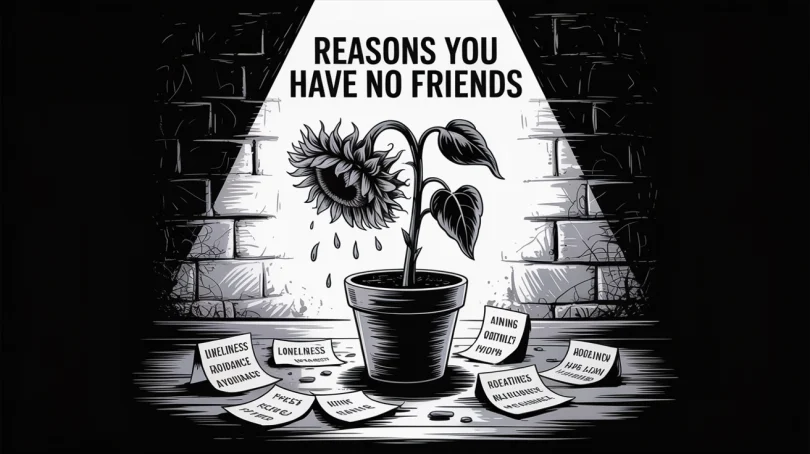

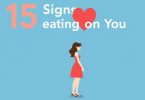
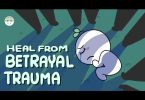

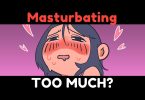
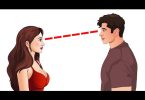
Leave a Comment